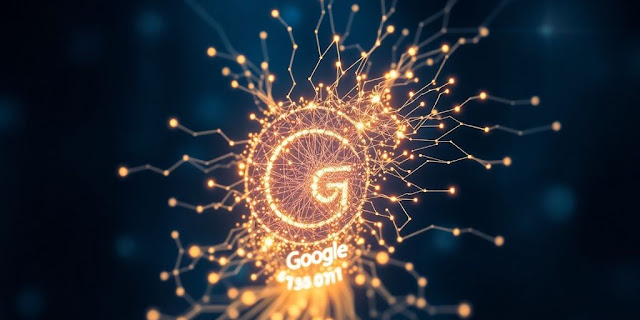Google's aggressive push into AI, particularly with its Search Generative Experience (SGE), is raising significant concerns across the internet. This shift threatens the traditional web ecosystem by potentially reducing traffic to publishers and content creators, fundamentally altering how users interact with online information and raising questions about the future viability of ad-supported content.
Google's AI Ambition and Its Impact
Google's I/O conference in 2024 highlighted a major pivot towards integrating AI directly into its search engine. Instead of merely providing links, Google aims to offer AI-generated summaries and answers directly on the search results page. This move, while seemingly convenient for users, could have profound implications for websites that rely on Google for traffic and revenue.
- Reduced Traffic for Publishers: By providing answers directly, Google's SGE could eliminate the need for users to click through to original websites, leading to a drastic reduction in referral traffic. This directly impacts advertising revenue and subscription conversions for news outlets, blogs, and other content providers.
- Content Scrapping Concerns: Publishers like News Corp. CEO Robert Thomson have voiced alarm, stating that AI engines are "harvesting and scraping" content without adequately compensating creators. This "extractive industry" model undermines the financial sustainability of quality journalism and content creation.
- Accuracy and Trust Issues: Generative AI models are known to "hallucinate" or produce inaccurate information. Even Google's own demos have shown errors. If users cannot trust the AI-generated answers, it could erode confidence in Google Search itself.
The Shifting Web Economy
The traditional bargain between Google and publishers – content for traffic and ads – is breaking down. As Google increasingly becomes a content provider rather than just a referrer, the entire online economy faces disruption.
- Threat to Business Models: Many online businesses, from e-commerce sites to service providers, depend on search traffic. If Google's AI answers reduce this traffic, these businesses will need to find alternative revenue streams or face significant challenges.
- AI-Generated Spam: The ease of generating AI content could lead to an explosion of low-quality, AI-generated spam, further cluttering the web and making it harder for legitimate content to stand out. This creates a feedback loop where AI trains on AI-generated content, potentially degrading overall information quality.
- Wix CEO's Perspective: Avishai Abrahami, CEO of website builder Wix, acknowledges the shift but believes that businesses with a strong direct connection to their customers will still thrive. He suggests that while publishers might be vulnerable, small businesses using platforms like Wix for transactions and direct communication could benefit from AI integration that streamlines customer interaction.
The Future of Search and Content
Experts like Bill Gates predict that AI personal assistants could eventually replace traditional search engines and even e-commerce platforms like Amazon. This vision suggests a future where AI acts as a comprehensive intermediary for all online interactions.
- Google's Dilemma: Google's core business relies heavily on advertising revenue tied to search. By replacing search results with AI summaries, Google risks undermining its own advertising model. The company faces a delicate balance between innovation and preserving its lucrative ecosystem.
- User Experience vs. Ecosystem Health: While AI-powered search might offer a cleaner, more direct user experience, it comes at the potential cost of a diverse and vibrant web ecosystem. The long-term sustainability of content creation depends on fair compensation and traffic distribution.
- The Human Element: Despite the advancements in AI, there's a growing sentiment that human-generated content and direct human interaction will retain their value. The market may eventually demand a clear distinction between AI-generated and human-created content, potentially leading to a premium on authentic human expression online.


